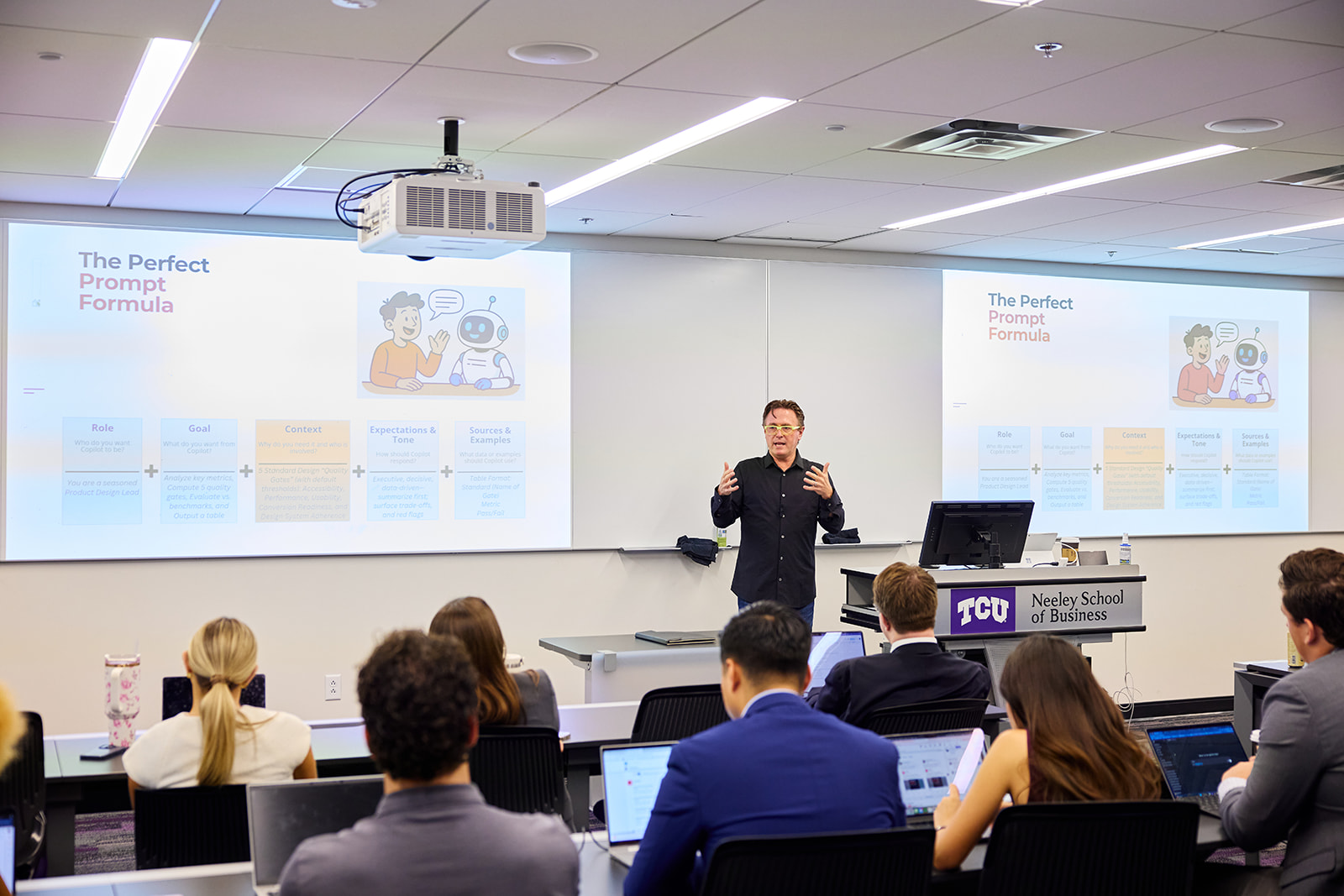In the fast-paced world of retail, staying ahead means not just keeping up with trends but setting them. The adoption of Artificial Intelligence (AI) across restaurants, merchants, and department stores is not just a trend; it's a transformative shift that's optimizing the consumer experience and delivering real return on investment (ROI). This article explores how these sectors are capitalizing on AI to revolutionize the way they operate, engage with customers, and drive profitability.
Revolutionizing Customer Interactions
AI is redefining customer service by enabling personalized experiences that were once the domain of high-end boutiques to be available at scale. For restaurants, AI-driven platforms are enhancing the dining experience by recommending dishes based on past orders, dietary preferences, and even mood, thanks to sentiment analysis. Similarly, merchants and department stores are utilizing AI to offer personalized shopping experiences online and in-store, with recommendations that go beyond simple purchase history to include real-time behavior, trends, and preferences.
These personalized interactions not only elevate the customer experience but also significantly increase the likelihood of sales. By analyzing vast amounts of data, AI can identify patterns and preferences, making recommendations that are more likely to result in a purchase. The result is a more engaging shopping experience that drives loyalty and repeat business, translating into tangible ROI for retailers.
Inventory and Supply Chain Optimization
One of the most critical aspects of retail is managing inventory efficiently. AI is revolutionizing this area by predicting demand more accurately, thereby reducing overstock and stockouts. Through machine learning algorithms, retailers can analyze sales data, seasonal trends, and even social media sentiment to forecast demand with unprecedented accuracy. This leads to optimized stock levels, reduced storage costs, and improved cash flow.
Moreover, AI is streamlining supply chain operations by predicting potential disruptions and automating restocking processes. For instance, AI systems can anticipate shipping delays due to weather or geopolitical events and adjust orders accordingly. This proactive approach minimizes the risk of inventory shortages or excesses, ensuring that retailers can meet customer demand consistently.
Enhancing Operational Efficiency
Beyond customer-facing applications, AI is improving operational efficiency behind the scenes. Restaurants, for example, are using AI to optimize kitchen workflows, reduce food waste, and manage staffing levels based on predicted foot traffic. This not only helps in reducing operational costs but also ensures a better dining experience for customers through timely service and fresher food.
In department stores, AI-powered tools are being used for loss prevention, analyzing CCTV footage to detect suspicious activities in real-time. This not only reduces shrinkage but also frees up staff to focus on customer service rather than security.
Driving Marketing Innovation
AI is also transforming marketing within the retail industry. Through advanced data analytics, retailers can now understand customer behavior and preferences in depth, allowing for highly targeted marketing campaigns. AI algorithms can segment customers more effectively and tailor messages to individual preferences and behaviors, increasing the effectiveness of marketing efforts.
Moreover, AI is enabling predictive marketing, where retailers can anticipate customer needs and market to them proactively. For instance, if data analysis shows a customer is likely to be in the market for a new coat soon, a department store can send them personalized offers for outerwear. This not only increases the chance of a sale but also enhances the customer's perception of the brand as attentive and personalized.
Measuring True ROI
The true ROI of AI in retail extends beyond increased sales and reduced costs. It includes enhanced customer loyalty, brand differentiation, and the ability to adapt to market changes more swiftly. By providing personalized experiences, optimizing operations, and innovating in marketing, AI is enabling retailers to not just meet but exceed customer expectations.
Moreover, the data generated through AI-driven processes provides invaluable insights into customer behavior and business operations, enabling continuous improvement and innovation. This data-driven approach ensures that retailers can remain competitive in a rapidly changing market landscape.
In conclusion, the integration of AI into the retail industry is not just a passing trend; it's a fundamental shift in how retailers interact with customers, manage operations, and drive growth. Restaurants, merchants, and department stores that are leveraging AI are setting new standards in customer experience and operational efficiency, resulting in significant ROI. As AI technology continues to evolve, its potential to transform the retail industry further is limitless. Retailers who embrace AI now will not only lead in their markets today but will also set the foundation for continued success in the future.












